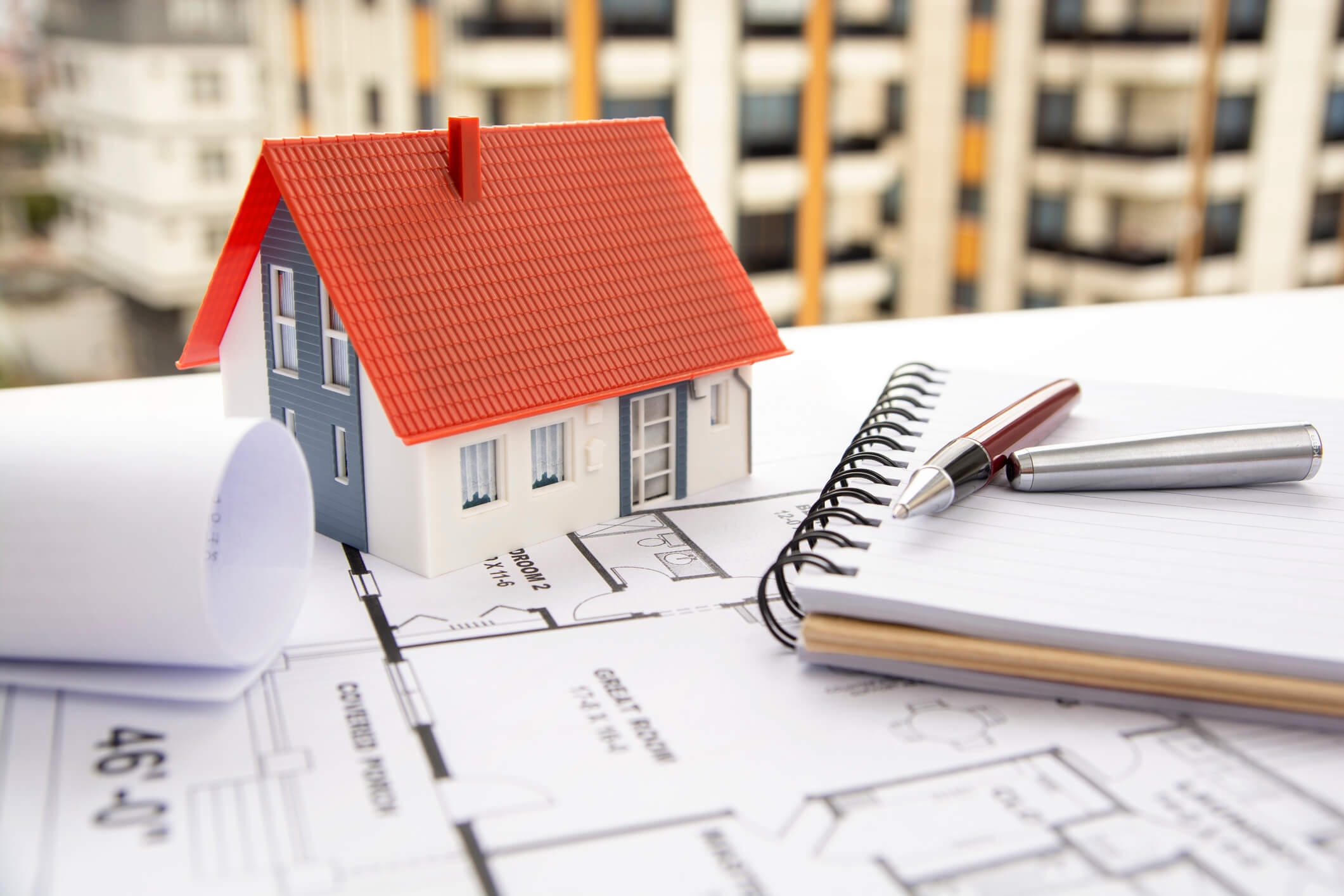
The heart of the job of a property developer lies the vision to turn empty land or properties that are not being utilized into useful assets. They analyze the trends of market as well as the wants of their community and design projects that satisfy both demands and aspirations. It is common for them to collaborate with architects, urban planners and local authorities for ensuring that they are in line to zoning rules or infrastructure needs, as well as environmental considerations. From luxury condominiums to mixed-use developments, property owners have the ability to conceptualize and developing projects that are geared to the diverse needs of different demographics and interests.
One of the biggest benefits of developers in property is addressing house shortages that are a result of rapid growth in cities. By conceptualizing and executing residential development projects, they meet the pressing need for accommodation accommodating a range of different populations and income ranges. Affordable housing programs, in particular, underscore their social responsibility. Their goal is to increase homeownership for households with low or middle incomes.
Furthermore, the impact on the environment of development projects cannot be overlooked. Property developers are being put under pressure to adopt sustainable practices which reduce carbon footprints as well as preserve the green areas and increase energy efficiency. Design features that are sustainable, such as rainwater harvesting systems, as well as LEED certification have become standard features in contemporary developments. Beyond compliance with regulations Developers are beginning to recognize sustainability's long-term advantages from environmentally green initiatives. This includes economic savings, increased market competition and an improved public image. To acquire further information please see my my site

In the realm of commercial real estate, developers of property serve as catalysts to boost economic growth and urban renewal. Through investing in commercial property like office buildings, shopping centers, and industrial parks, they encourage growth in employment, bring capital, and improve the overall vitality of cities. The strategic selection of locations, the infrastructure construction, as well as amenities are essential to maximize the commercial potential of developments. In addition using adaptive reuse to improve existing structures and brownfield sites is a way to bring new life to neglected areas, fostering innovative thinking and innovative urban design.
The success of property development projects rests not just on their financial viability, but also on community acceptance and involvement. Communication with stakeholder groups, transparency, and corporate social responsibility initiatives are essential to responsible development methods. Interacting with residents as well as NGOs and advocacy groups helps build trust, fosters inclusivity, and helps ensure that projects align with the broader interests of the society. In addition, incorporating aspects of placemaking such as artworks for public spaces, recreation places, or cultural amenities enhances the neighborhood's social fabric and fosters a sense of being part of the community.